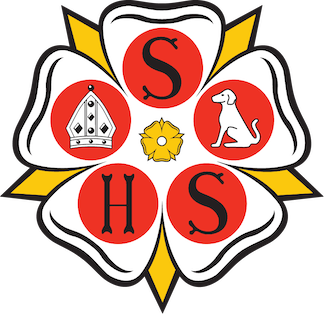Modern Foreign Languages
Curriculum Intent
The Modern Foreign Languages curriculum at Sherburn High School aims to ensure that students have a breadth of study at Key Stage 3 which will allow them to access and progress to GCSE and beyond, transforming them into confident linguists who can effectively communicate in native speaking countries and explore the world from different perspectives and reach the goal of ‘achievement for all.’ Being multilingual is a quality that sets students apart and gives them a beneficial edge in their future professional lives, creating harmony in a multi-cultural society and opening employment opportunities. A high-quality language education should foster pupils’ curiosity and deepen their understanding of the world.
Our teaching enables pupils to express their ideas and thoughts in another language and to understand and respond to its speakers, both in speech and in writing. It also provides opportunities for them to communicate for practical purposes, learn new ways of thinking and develop an appreciation of a range of writing in the language studied including Media, Film and Music.
Pupils develop a competency that is both broad and deep in the skills of listening, speaking, reading and writing based on a sound foundation of core grammar, vocabulary and phonics. They are also able to understand and communicate personal and factual information that goes beyond their immediate needs and interests, developing and justifying points of view in speech and writing, with increased spontaneity, independence and accuracy.
Critical learning, high frequency language and key communicative functions are revisited receptively and productively as we progress through the curriculum. For example, when learning how to describe activities done on a past holiday in French, we need to revisit previous teaching on how to conjugate the verbs ‘avoir’ and ‘être’ in all forms.
Our ultimate goal with our pupils is to develop their ability to be self-efficacious and to create the optimal conditions for learner success. Through a broad range of activities, students develop the ability to:
- Identify and use tenses and other structures which convey the present, past and future
- Use and manipulate key grammatical structures and patterns
- Develop a wide vocabulary allowing them to give and justify their opinions and take part in discussion about wider issues than their immediate needs and interests.
- Use accurate grammar, spelling and punctuation
- Listen and respond to a variety of spoken language
- Transcribe words and sentences that they hear
- Read literary texts which expand their understanding of the language and culture
- Write creatively and translate written texts accurately from and into the target language.
